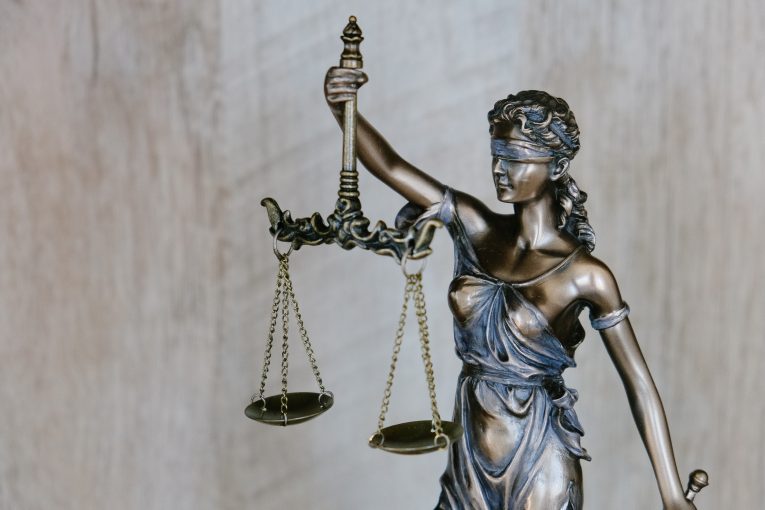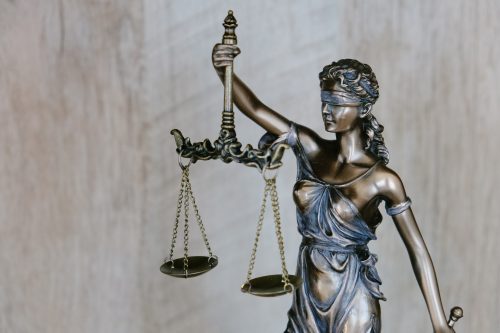

By Varun Noronha
WASHINGTON, DC – The 2023-2024 Supreme Court term began last Monday, and this term is expected to present several opportunities for the Court to roll back the rights of defendants in criminal trials, according to a warning from the ACLU.
“It’s that time of year again: While the last few terms have seen the court deliver seismic decisions on abortion, affirmative action, and voting rights, they’ve been tougher to read in another crucial area: criminal justice,” the ACLU wrote.
Following the death of Justice Ruth Bader Ginsburg and President Donald Trump’s appointment of Justice Amy Coney Barrett, the nation’s highest court has been dominated by six conservative justices, said the ACLU, noting that over the past decade each of these justices has expressed their willingness to overturn legal precedent on defendant rights through several judicial opinions and public statements.
The Miranda warning, one of the most widely known protections for arrestees, could be on the chopping block in the new term, said the ACLU.
In 1966, the Miranda v. Arizona ruling established that evidence gathered through police interrogation is inadmissible unless the person in custody is informed of certain rights under the Fifth and Sixth Amendments.
The landmark decision prompted police to give a familiar speech when arresting suspects: “You have the right to remain silent. Anything you say can and will be used against you in a court of law. You have the right to an attorney.”
The ACLU notes Miranda was an unusual holding because it required the state to take affirmative steps to ensure that people are aware of their constitutional rights and subsequently able to exercise these rights.
Some conservative justices have challenged the sanctity of the Miranda warning, argued the ACLU, noting Justice Brett Kavanaugh advocated for narrowing the scope of Miranda when he addressed the right-leaning American Enterprise Institute in 2017.
And the ACLU writes Justice Samuel Alito authored a 2022 majority opinion in Carlos Vega v. Terence B. Tekoh which asserted, “A violation of Miranda does not necessarily constitute a violation of the Constitution.”
The exclusionary rule is another criminal trial protection under fire, the ACLU said, as writing through multiple opinions in the 1960s the Court interpreted the Fourth Amendment to make evidence obtained through unlawful searches and seizures inadmissible in Court.
However, in Collins v. Virginia, Alito claimed that whether a search is unconstitutional depends on “the degree of intrusion on privacy.” Thomas went further in his concurring opinion, claiming “the exclusionary rule appears nowhere in the Constitution.”
Defendant rights concerning juries could also be overturned by the Court, the ACLU stated, explaining that in the 1970s, the Court held that under the Sixth Amendment, jurors must be selected from a representative sample of the defendant’s community.
But, in a 2010 concurrence to Berghuis v. Smith, Justice Clarence Thomas argued that this protection “seems difficult to square with the Sixth Amendment’s text and history.”
In addition, the ACLU said, Thomas has questioned the Court’s rulings in the 1980s which extended the right to a public trial to jury selection, noting in his 2017 concurrence to Weaver v. Massachusetts which disputes the right of the public to observe jury selection: “I have some doubts about whether that holding is consistent with the original understanding of the right to a public trial, and I would be open to reconsidering it in a case in which we are asked to do so.”
The ACLU reports other defendant rights that might be at issue in the current Supreme Court term include unanimous jury decisions, pretrial liberty, habeas corpus, and mandatory minimums—arguing the status of these rights depends on the cases brought before the Roberts Court and the justices’ willingness to reverse precedence.